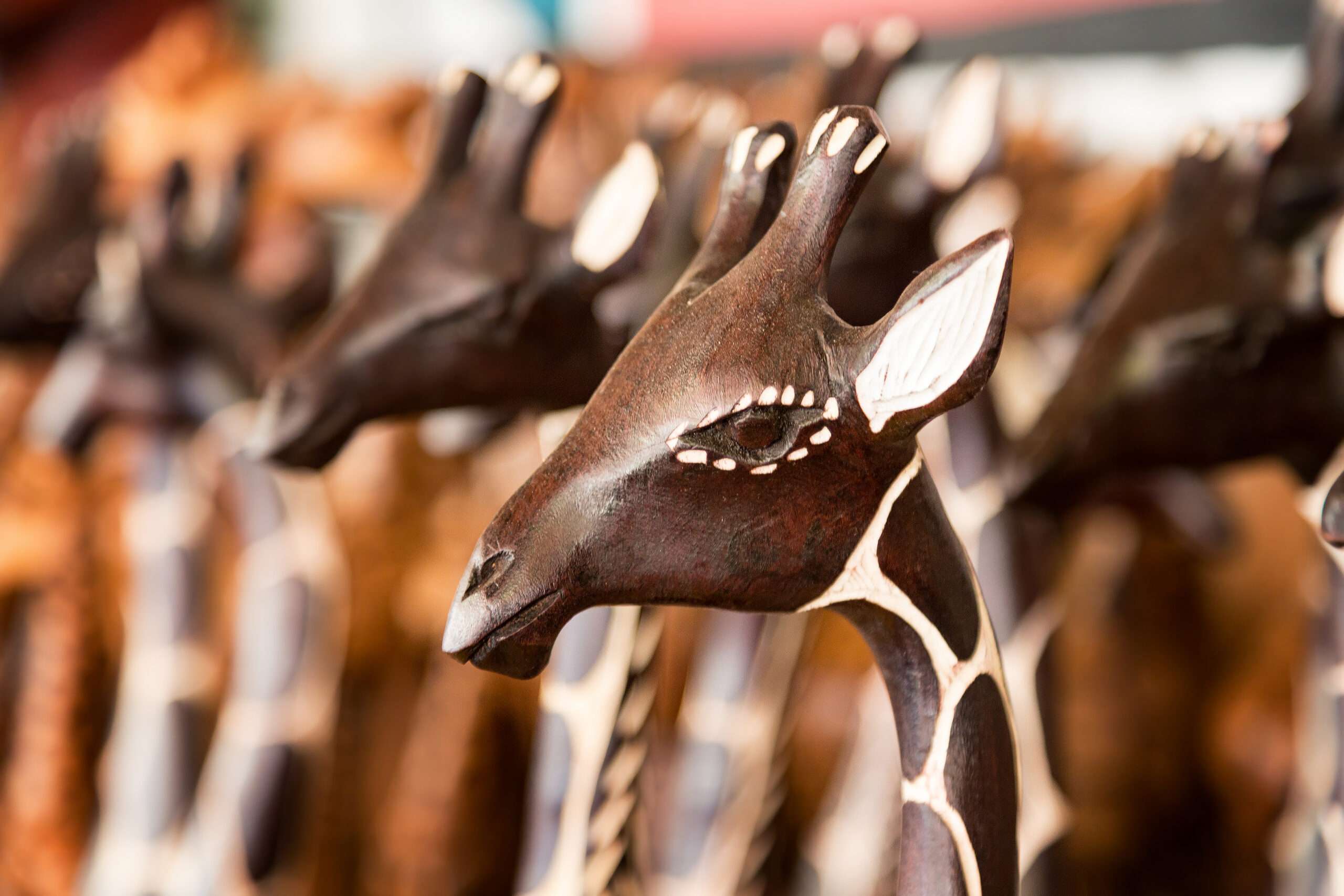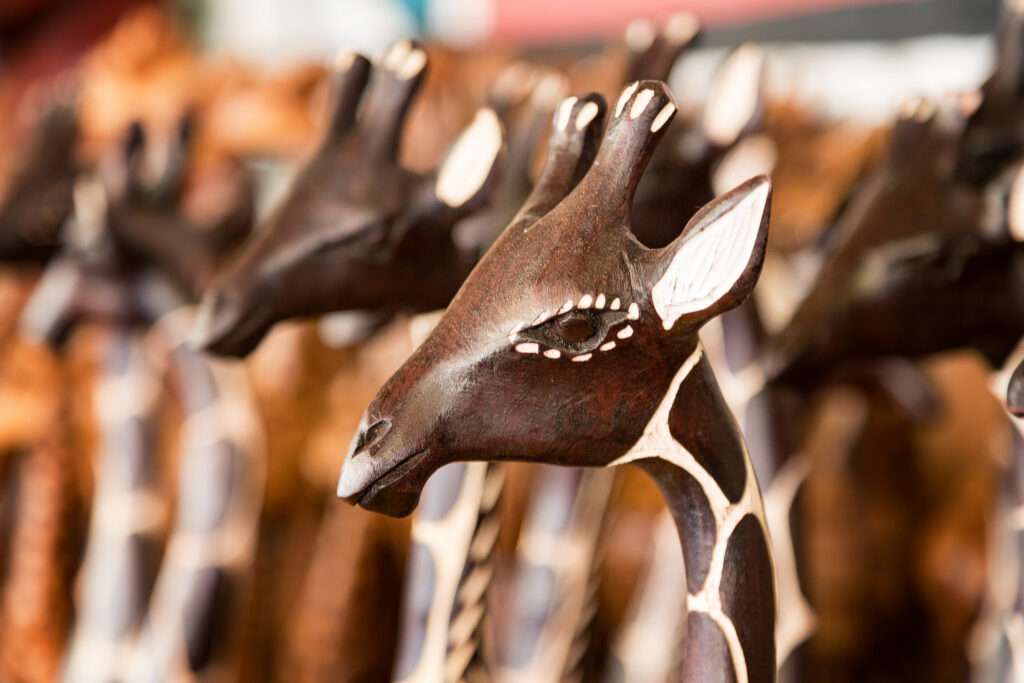AfCFTA Success Story:
"The AfCFTA can change lives in Zambia"

Chananga Bwembya Nkowani is the CEO of Gilly Trends Enterprises, a manufacturer of woodwork, jewellery and clothing based in Lusaka, Zambia.
The AfCFTA can change lives in Zambia, says businesswoman
The African Continental Free Trade Area (AfCFTA) will change lives, says Zambian businesswoman Chananga Bwembya Nkowani, who manufactures woodwork, jewellery and clothing in Lusaka, Zambia.
The AfCFTA is the largest free trade area in the world by number of participating countries, connecting 1.3-billion people across 55 African countries with a combined GDP of $3.4-trillion, as measured by the World Bank in 2020, and the potential to lift 30-million Africans out of extreme poverty by boosting intra-African trade.
“If the AfCFTA works, I don’t expect us African people will remain where we are economically. I employ 10 women. If the AfCFTA works and we are able to trade more easily, I will be able to create more jobs,” she says.
Already, Bwembya is full of ideas on how to expand her business, Gilly Trends Enterprises, started by her mother in 1983 and which she has been running since 2018. She has contacts in Egypt and Ghana, made on a trip to the Intra-African Trade Fair (IATF) 2023 that was sponsored by the Deutsche Gesellschaft für Internationale Zusammenarbeit GmbH (GIZ), with whom she wants to further collaborate.
Gilly Trends Enterprises exports clothing, jewellery made from amethysts mined in a family-owned mine, and woodwork to the United States and China.
“The trade fair [IATF 2023] was a great opportunity for me. Exhibitors from all the African countries were in one place, and I went around and saw what others were doing. It was an eye-opener,” she says.
Bwembya wants to add Ghanaian kente to the fabrics she imports from a number of countries, such as South Africa and Namibia. Gilly Trends Enterprises uses the fabrics to make clothing that is sold in Zambia and exported to the United States.
Bwembya also wants to add Ghanaian gold to the jewellery her enterprise manufactures, which is made with silver and exported, along with wooden artefacts, to China. There are new Egyptian contacts who are also interested in the jewellery.
However, Bwembya notes that cross-border trade among African countries can be surprisingly complicated and bound up in red tape. She hopes the AfCFTA will change this.
If the AfCFTA helps to broaden Bwembya’s business opportunities – she also has her eye on importing shea butter from Ghana – she will have to modernise and partly mechanise her fully handcrafted business. She will also need a larger workforce.
“Zambian life will change. People like me will be able to create more jobs and more people can earn money,” she says. Zambia’s unemployment rate, according to the Zambia Statistics Agency, was 13.8% in 2021.
“I see great opportunities for trade between Ghana and Zambia, and I am always open to opportunity, but there are certain things such as…. that the Zambian government doesn’t allow us to import,” says Nkowani. “I hope the AfCFTA can change that.”



